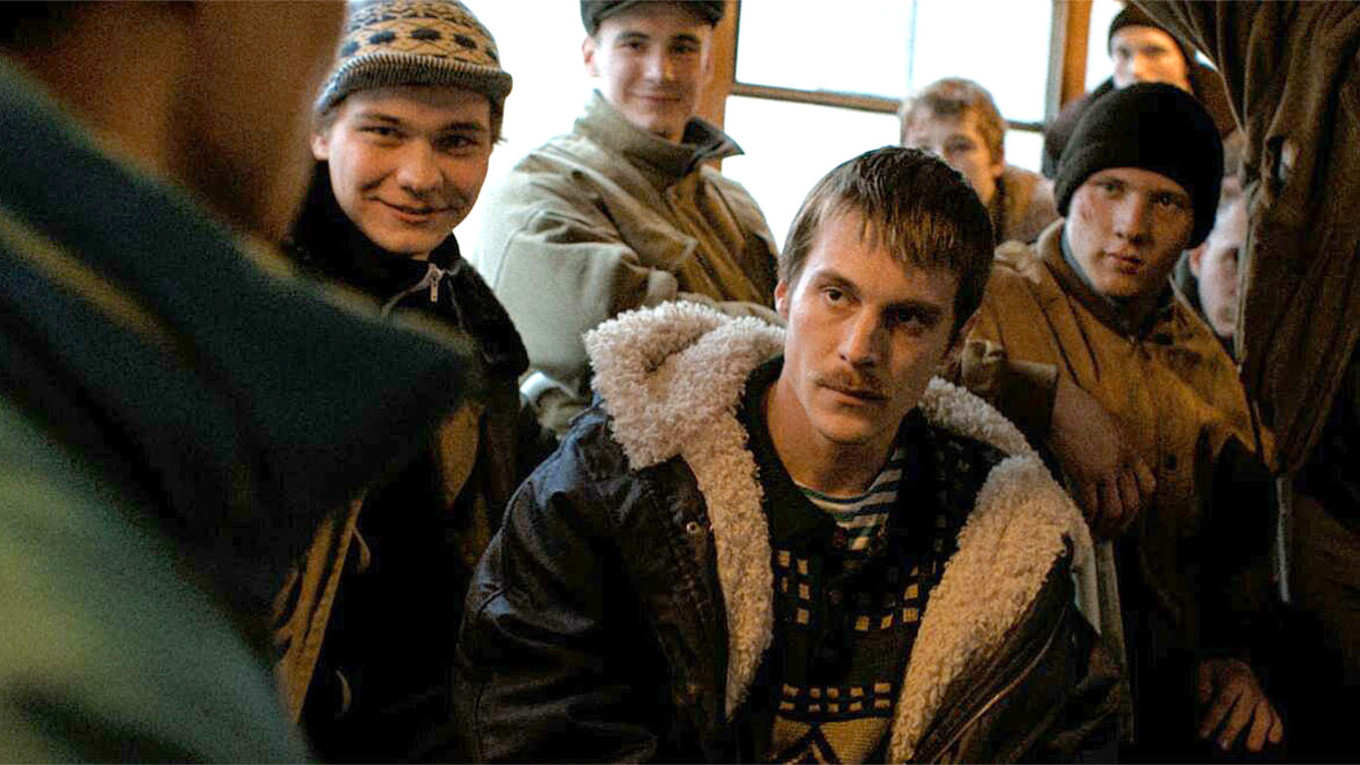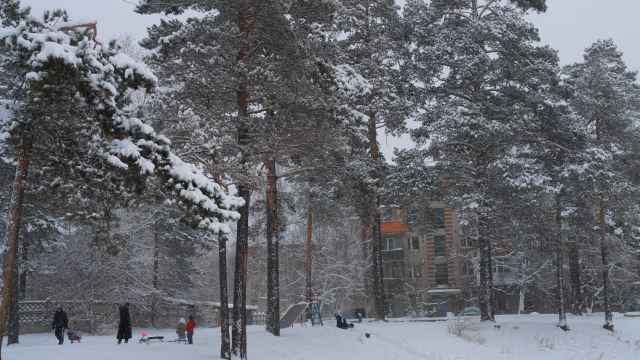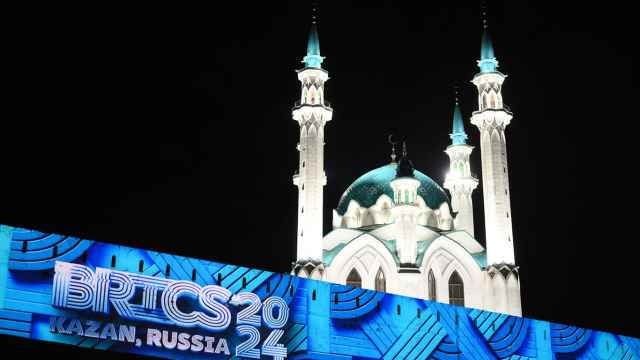Russia’s leading streaming platforms START and Wink on Thursday released the final episode of “Slovo Patsana” (“The Boy's Word: Blood on the Asphalt”), director Zhora Kryzhovnikov’s gritty crime drama that has taken Russia and much of the former Soviet space by storm.
Loosely based on the namesake book by Tatar journalist Robert Garaev, the series explores the thriving gang culture of the republic of Tatarstan’s capital Kazan in the late 1980s which was known as the “Kazan phenomenon.”
“Slovo Patsana” set an all-time record in popularity among viewers in Russia in the two weeks since its Nov. 9 premiere, quickly knocking the blockbuster Korean series “Squid Game” out of the top spot it had held for over two years, according to the country’s leading film database Kinopoisk.
The series has quickly revitalized the slang used by gangs, making it the new go-to lexicon for influencers and avid social media users, while its protagonists — mostly underage gang members — have become frequent subjects of viral TikTok videos and Instagram memes.
“The public is always fascinated by secret societies and organized crime [groups], so in some ways, this success was predictable,” said sociologist Svetlana Stephenson, the author of “Gangs of Russia: From the Streets to the Corridors of Power.”
From the late 1980s until the early 2000s, about one-third of Kazan’s youth residents were part of gangs, according to research conducted by Stephenson.
In her research, Stephenson dubbed these groups “territorial elites” because their influence came from administering control over defined pieces of city territory. Their names, too, were derived from specific streets or landmarks that they “controlled.”
“[Gang membership] was … a mass phenomenon and attracted — as the [series] shows — not just working-class youth, not just your typical hooligans, but also some kids from intelligentsia families,” Stephenson told The Moscow Times.
Alfiya Ishmetova, a former Kazan resident who went to school in the suburb of Derbyshki during the period depicted in the series, recalled her entire neighborhood being “divided into gangs.”
“They were the threads of the social fabric back then,” Ishmetova told The Moscow Times.
But the success of “Slovo Patsana” has left the Russian public divided: while some crowned the series a cinematic masterpiece, others voiced concern over its popularity among teenagers and the potentially grave consequences of what they saw as a glorification of violence on the big screen.
Some regional media outlets in Russia were quick to link crimes committed by minors to the success of the series.
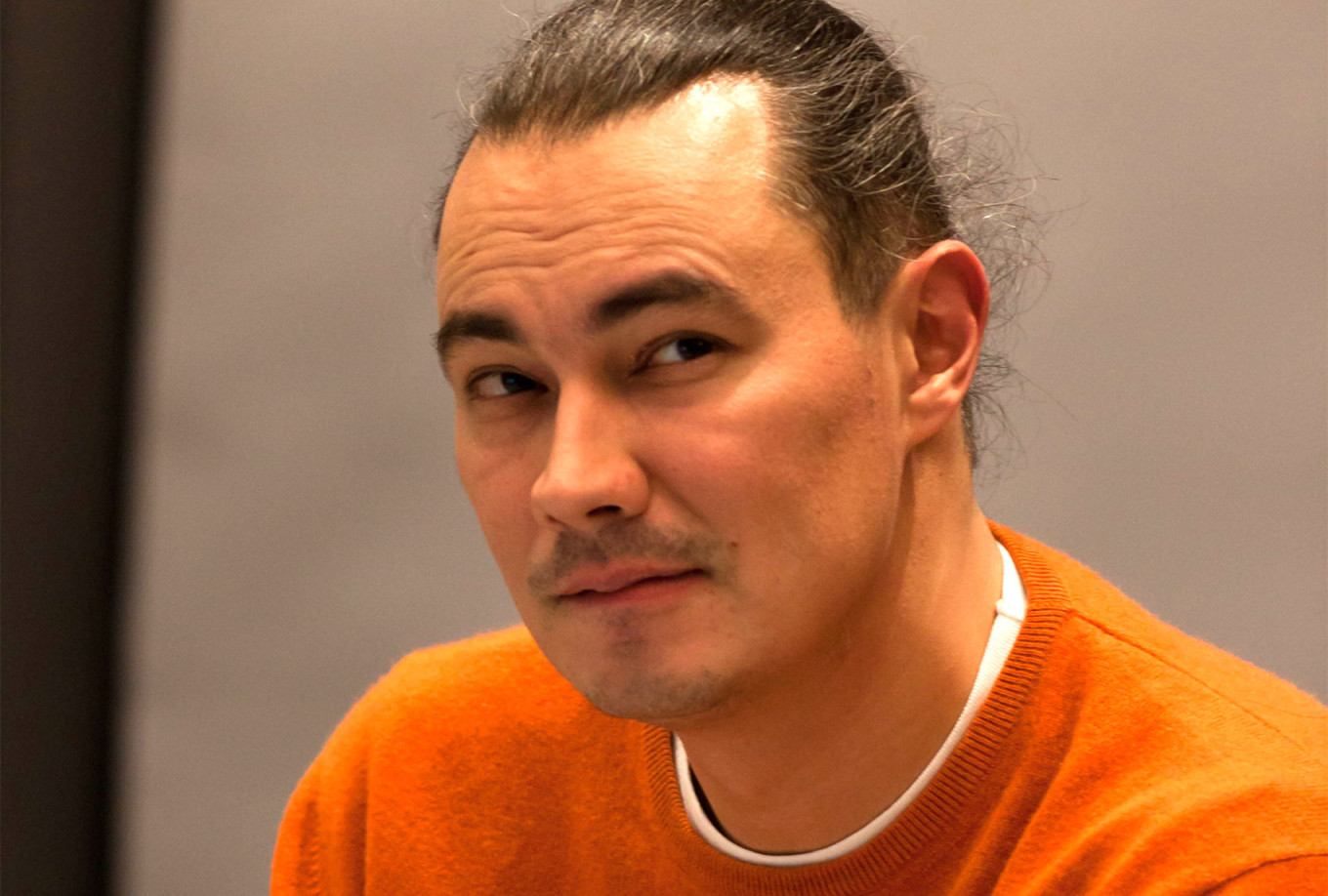
A group of teenagers in Tatarstan’s Sarmanovsky district reportedly divided their local neighborhood into “spheres of influence” and staged a stand-off between opposing gangs similar to those depicted in the series. The teens later claimed it had all been “a joke.”
Though there is no proof yet of any direct links between illegal incidents involving minors and the series, several Russian officials asked state communications watchdog Roskomnadzor to examine the series for compliance with Russian law. Although Roskomnadzor has been quick to ban independent films, it has not yet made any decisions on the complaints against “Slovo Patsana.”
“Young people, especially teenagers, are always looking for ways to build some kind of autonomous little societies. And this series unwittingly supplies all kinds of subcultural forms, all kinds of rituals and norms, which they can start imitating,” Stephenson told The Moscow Times.
“I don't think that this will create a major increase in criminality, but some increase in violence can follow,” she added.
The fact that the show’s creators did not aim to laud the gangs of Kazan or idealize their glory days is obvious to anyone who has watched the series carefully.
Former gang members, eyewitnesses and experts who spoke with The Moscow Times agreed that Kryzhovnikov’s drama depicts the era with “95% accuracy,” which includes not only period-accurate sets and costumes but also graphic depictions of physical violence and rape.
“My mission was to show what it was like to be inside this hell with maximum precision and honesty,” director Kryzhovnikov said in an interview with Kinopoisk, adding that the main aim of “Slovo Patsana” is to show that “no crime can remain unpunished.”
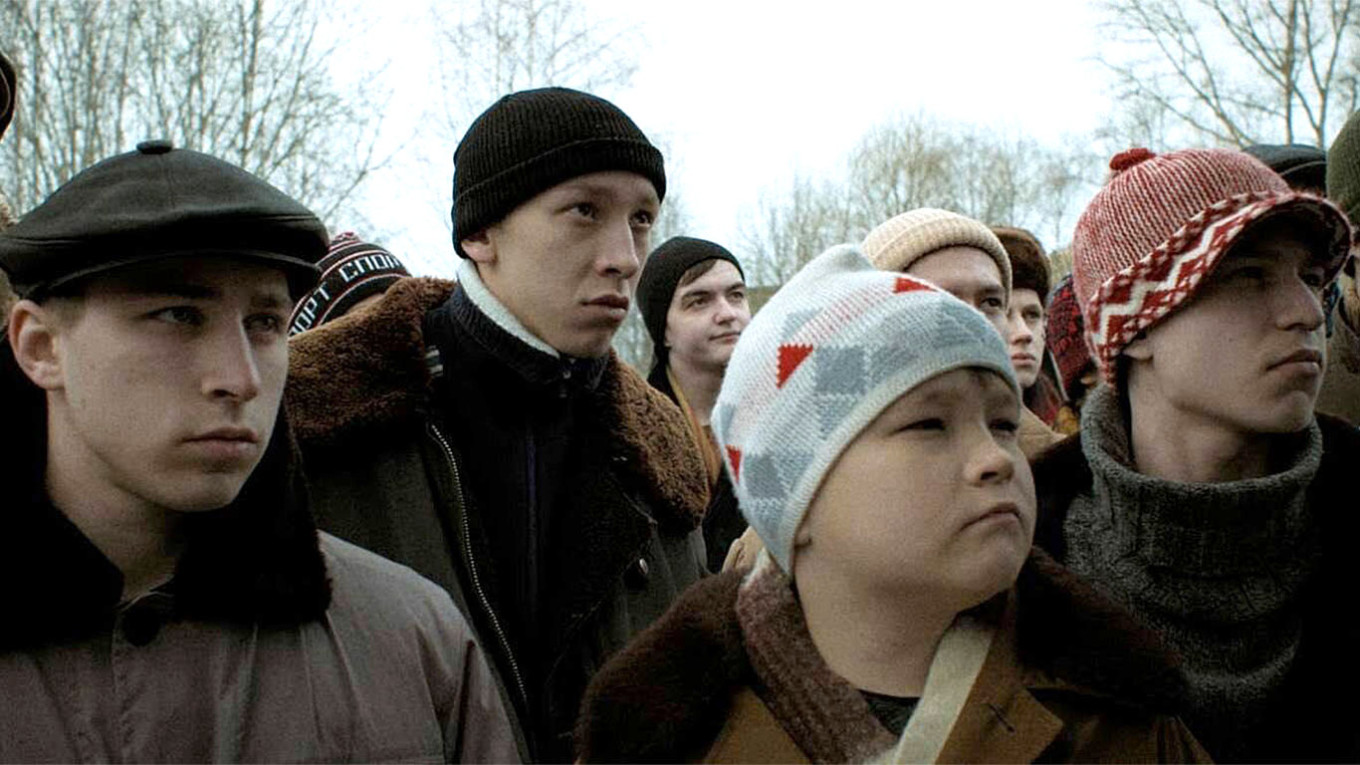
Though all of the series’ protagonists are eventually punished for the crimes they committed — if not in a legal but moral sense — “Slovo Patsana” still comes off as an ode to hypermasculinity, though one that deftly shows the damaging effects of this culture on women.
“For women, it was an especially cruel time and a cruel system. Rapes happened so often, it was a real disaster,” former Kazan resident Ishmetova recalled, noting that she is yet to properly watch the series as it risks triggering a swath of traumatic memories.
“It is a very painful subject for me…To this day, I cross the street immediately when I see two teenage boys walking in front of me in a more or less deserted street. It is an instinct,” she added.
Despite affecting at least two generations of its residents, the “Kazan phenomenon” has long been considered a taboo subject in Tatarstan.
The republic’s government refused to allow “Slovo Patsana” to be filmed in Kazan, forcing it to take place in the central Russian city of Yaroslavl instead. And Tatarstan’s head Rustam Minnikhanov publicly ridiculed the series in the wake of its viral success.
“I don’t think the [series] lost much from it, but Kazan and Tatarstan have,” said Tatar political expert Ruslan Aysin. “They could have made a tourist brand out of it as it happened with the movie ‘The Godfather’ and the small town of Corleone that is now visited by swathes of tourists every year.”
Aysin — who himself was a member of a Kazan gang — said he believes Tatarstan’s elites not only find “Slovo Patsana” to be damaging to Tatarstan’s image but find it “psychologically difficult” on a deeply personal level.
“Many [prominent] people in the government and business circles went through [the gang system] themselves, of course. Many famous people,” Aysin told The Moscow Times.
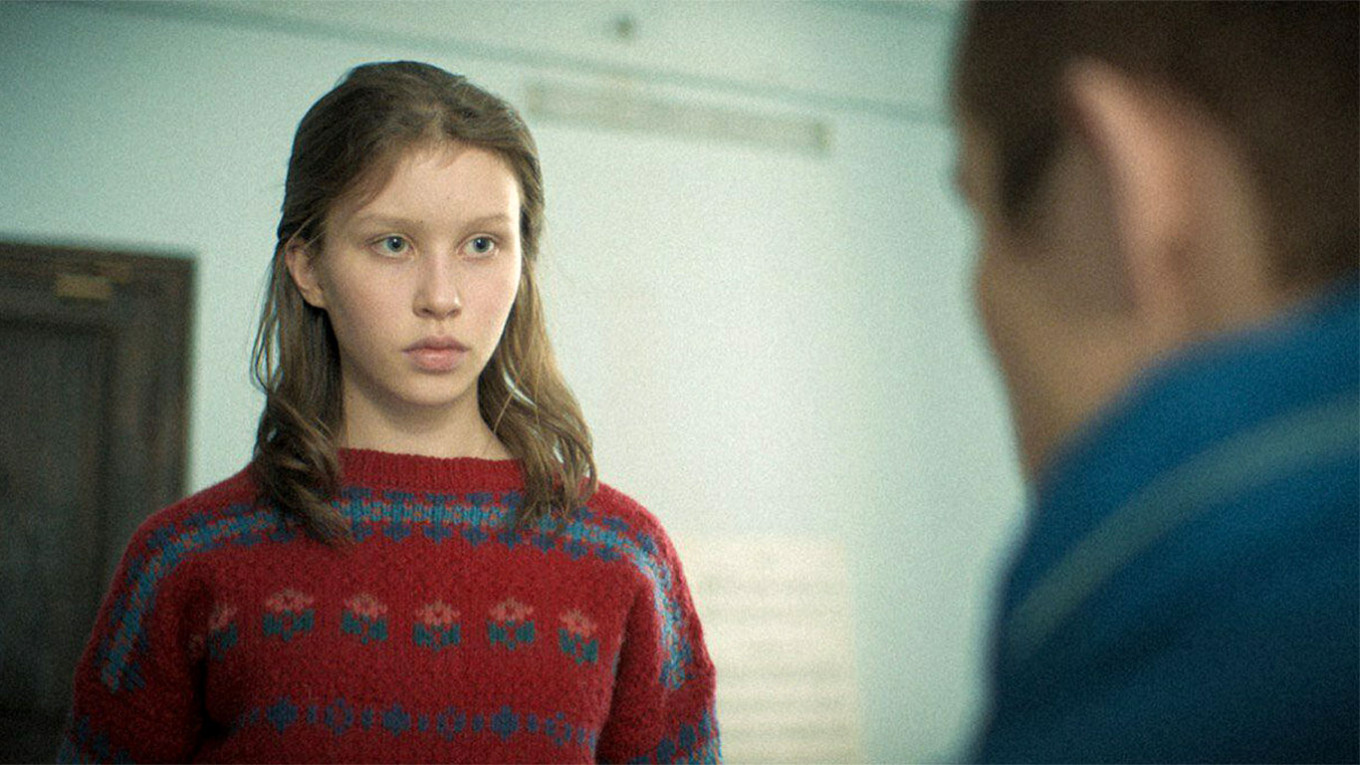
Ayrat Khayrullin, the late businessman and Russian State Duma deputy from Tatarstan, was perhaps the government official with the most colorful criminal past: he once served as a leader of the Gazovaya-Khaleva gang named after two streets in Kazan’s Privolzhsky district.
In 2022, following Khayrullin’s untimely death in a helicopter crash, a small street once controlled by his gang was renamed after him.
While Tatarstan’s government might have missed out on an ample PR opportunity, the same can’t be said for a Tatarstani electronic hip-hop duo AIGEL, whose song “Pyala” (“Glass” or “Cup” in the Tatar language) topped Shazam’s global top 200 chart after being featured in the series.
Due to AIGEL’s vocal condemnation of Russia’s invasion of Ukraine, neither the name of the song nor the band was featured in the final credits of the series, which was partially funded by Kremlin-connected entities — though this restriction was the likely reason why “Pyala” has been initially Shazamed so frequently by audiences around the globe.
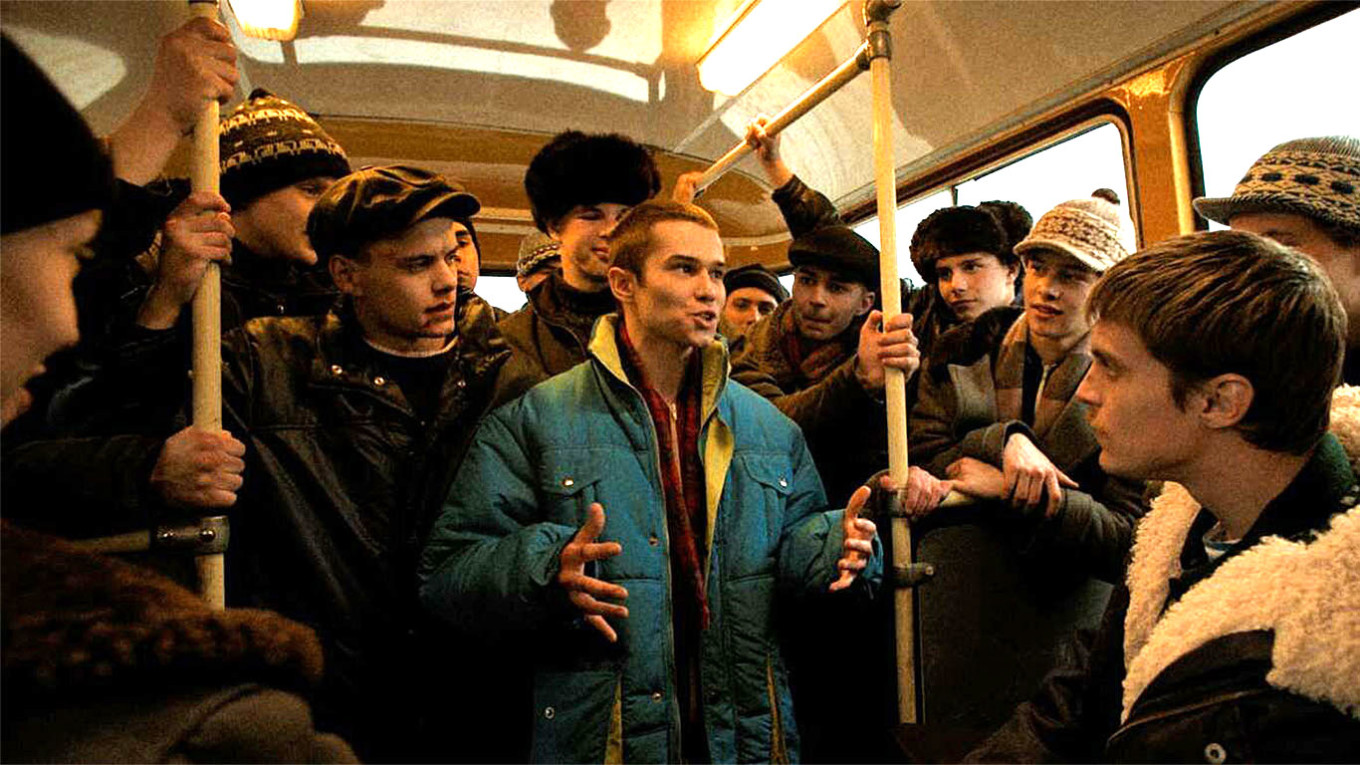
Set against the backdrop of the Soviet invasion of Afghanistan and shown amid the Russian invasion of neighboring Ukraine, “Slovo Patsana” provides plenty of ground for disturbing parallels with the present.
“Mistrust to the government, mistrust to the propaganda, impoverishment of the population, the feeling of a total collapse … all of this corresponds to what is happening now,” said political analyst Aysin.
“If you don’t want this story to repeat itself, then you should definitely study it.”
Yet “Slovo Patsana” has resonated not only among teenagers in Russia but also many in war-torn Ukraine, prompting Ukraine’s Culture and Information Ministry to condemn the distribution of the series in the country.
“Regardless of the enormous differences… in societies, the prison culture has been extremely powerful both in Russia and in Ukraine,” explained Stephenson.
“There is a war going on right now and there is a very violent kind of context to this series,” she said. “The sense of violence which permeates the whole of society is perhaps why this series has become so popular … not just in Russia, but also in Ukraine.”
A Message from The Moscow Times:
Dear readers,
We are facing unprecedented challenges. Russia's Prosecutor General's Office has designated The Moscow Times as an "undesirable" organization, criminalizing our work and putting our staff at risk of prosecution. This follows our earlier unjust labeling as a "foreign agent."
These actions are direct attempts to silence independent journalism in Russia. The authorities claim our work "discredits the decisions of the Russian leadership." We see things differently: we strive to provide accurate, unbiased reporting on Russia.
We, the journalists of The Moscow Times, refuse to be silenced. But to continue our work, we need your help.
Your support, no matter how small, makes a world of difference. If you can, please support us monthly starting from just $2. It's quick to set up, and every contribution makes a significant impact.
By supporting The Moscow Times, you're defending open, independent journalism in the face of repression. Thank you for standing with us.
Remind me later.



